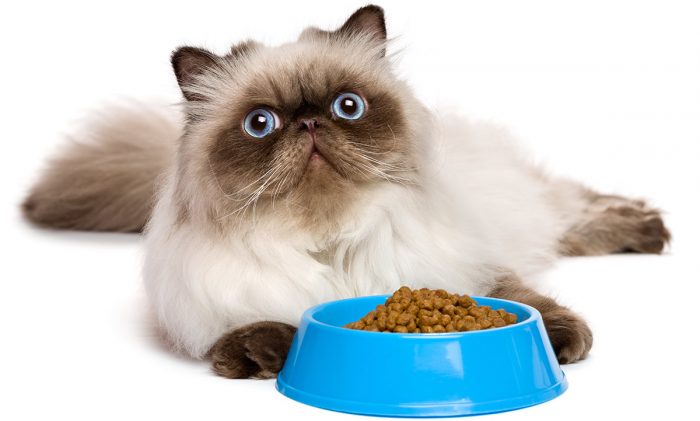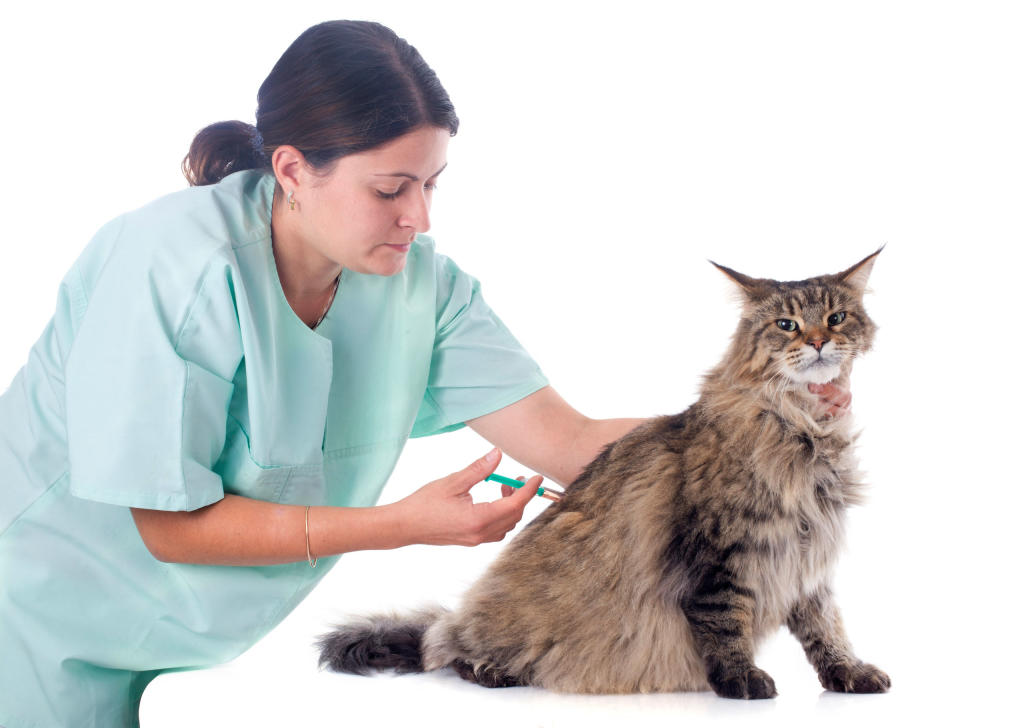1 Cats Weight Gain
– Around 59.5% of cats in the U.S. are obese, according to research by the Association of Pet Obesity Prevention. However, cats don’t always gain weight because their owners are feeding them too much. Hormonal imbalances, genetics, and a cat’s gut microbiome may also be to blame.
One recent study by the University of Guelph in Ontario – based on data from 19 million cats – has found that most cats actually do put on weight as they age. Whether you have had a cat a long time or you have just taken one home, you may find the following information useful to ensure their weight doesn’t get out of control as they age.
2. Weight Gain Continues to Rise
The researchers at the University of Guelph found that even after cats exit the kitten phase, their weight continues to increase until the age of about eight. Their findings showed that weight gain was more pronounced in male than in female cats, and that neutered cats also tended to pack on more pounds than unaltered cats. The mean weight of common house cats peaked at the age of eight, while in popular ‘purebred’ cats such as the Siamese, Persian, Himalayan and Maine Coon), mean peak weight was achieved between the ages of six and 10.
3. Rising Weight a Worry for Older Cats
The researchers stated that obesity is a concern for cats from middle age upwards, because it is linked to diabetes, heart disease, osteoarthritis, and cancer – as is the case with human beings. But ensuring your cat is healthy is not as easy as cutting back on calories. As pointed out by lead researcher Dr. Adam Campigotto, while their study has revealed the general weight gain curve, they still have to figure out “the ideal weight trajectory” for cats over their lifetime. They added that owners should be vigilant about weight gain in their pets, because cats hide illness much more efficiently than dogs. Monitoring their body weight is key, as is close contact with their veterinarian and being up to date on recent findings on feline health.
4. Investing in a Pet Scale
A good digital scale will enable you to monitor your cat’s weight over weeks and months. By regularly weighing your cat, you can notice a pattern and take action if you notice weight loss (or a weight spike). Big changes can indicate a medical problem. Just a few health issues that can result in weight gain, for instance, include hypothyroidism, insulinoma, and Cushing’s syndrome. The latter occurs when the cat’s adrenal gland produces an excess of cortisol. This issue is more prevalent in middle-aged and older cats than in younger ones.
5.Helping Your Cat Lose Weight: Don’t Do it Alone
It is important to create a weight loss plan alongside your veterinarian. As stated by VCA Hospitals, “You should never put an obese cat on a diet without veterinary supervision.” This is because if they consume a diet that is too drastic, they can develop liver disease. The first step is to undertake important tests to ensure weight gain is not related to diseases that require specific treatment.
Once your vet rules out anything serious, he will create a personalized plan that takes into account your cat’s size, breed, and build. Your vet may start out by using a chart that indicates a safe amount of calories to feed your cat. Your vet might recommend a total calories count that corresponds to a slightly higher ideal weight for your cat. This will help keep goals realistic and enable your cat to lose weight slowly yet surely. 
If your cat is overweight, it is important to seek help as soon as possible. This is because sometimes, sudden weight gain is caused by conditions that need prompt diagnosis and treatment. By following a sound plan, you can ensure your cat is back to optimal weight in a few months, thus reducing their chance of heart disease and other conditions that can limit their lifespan.































